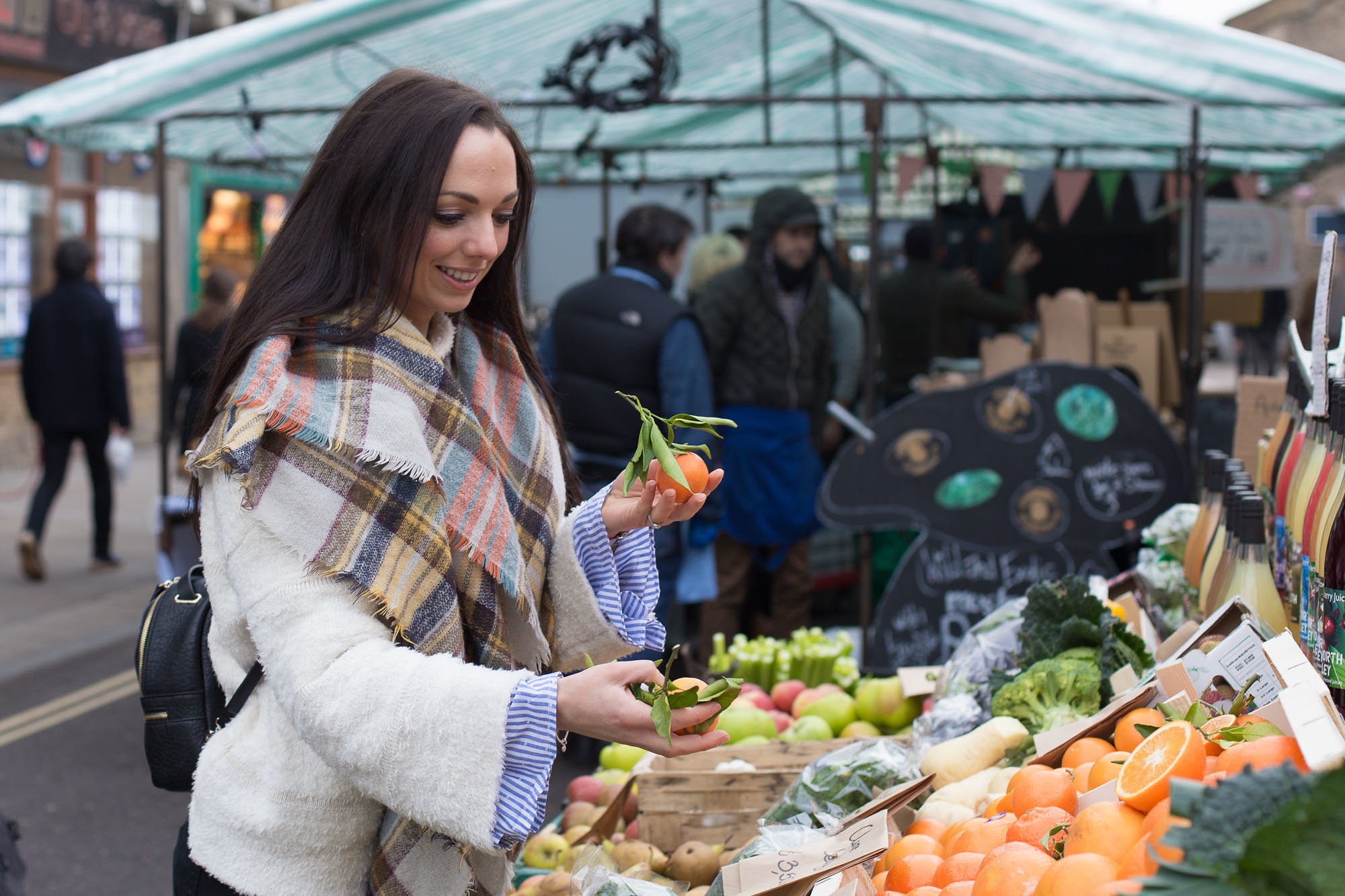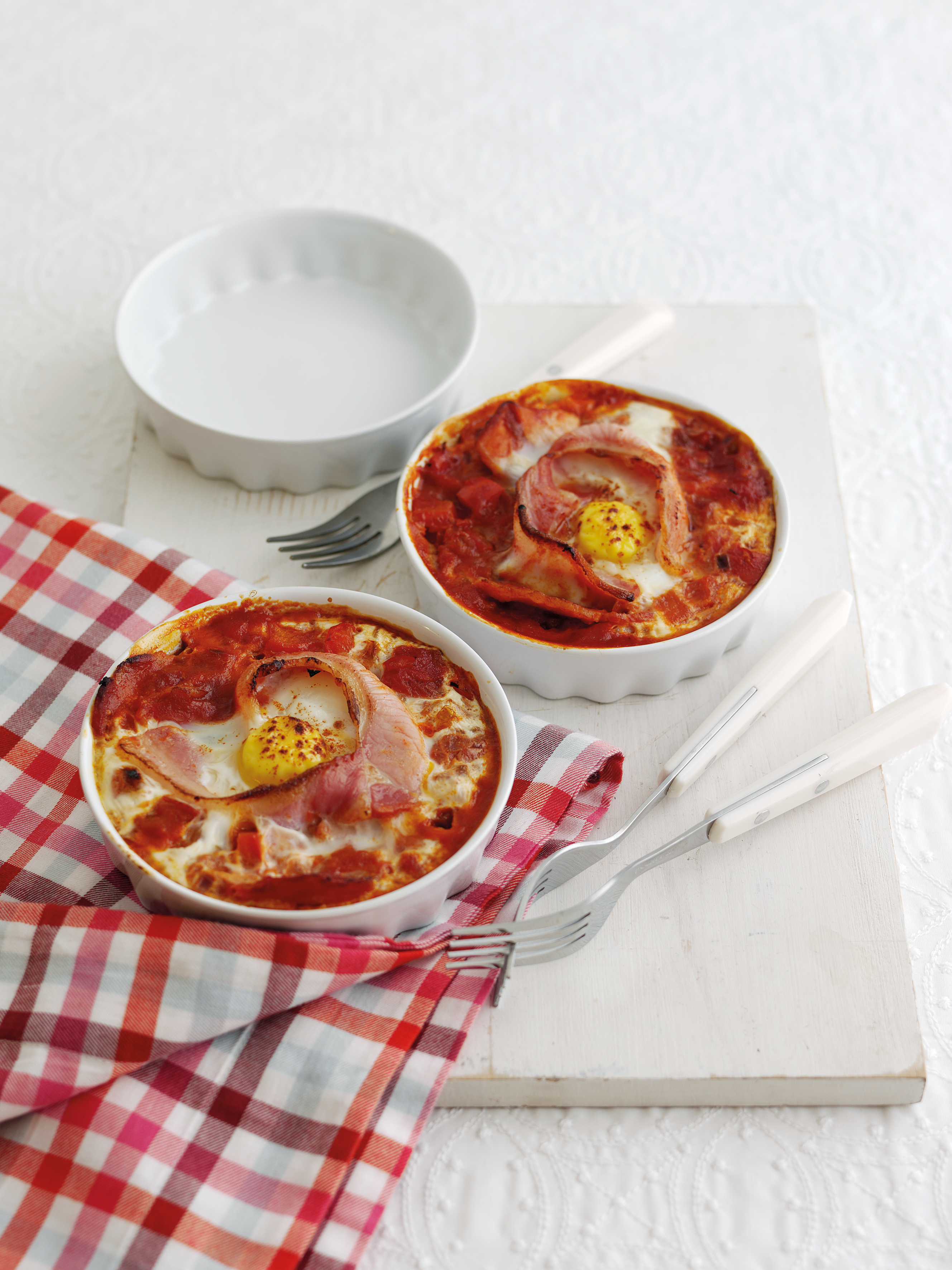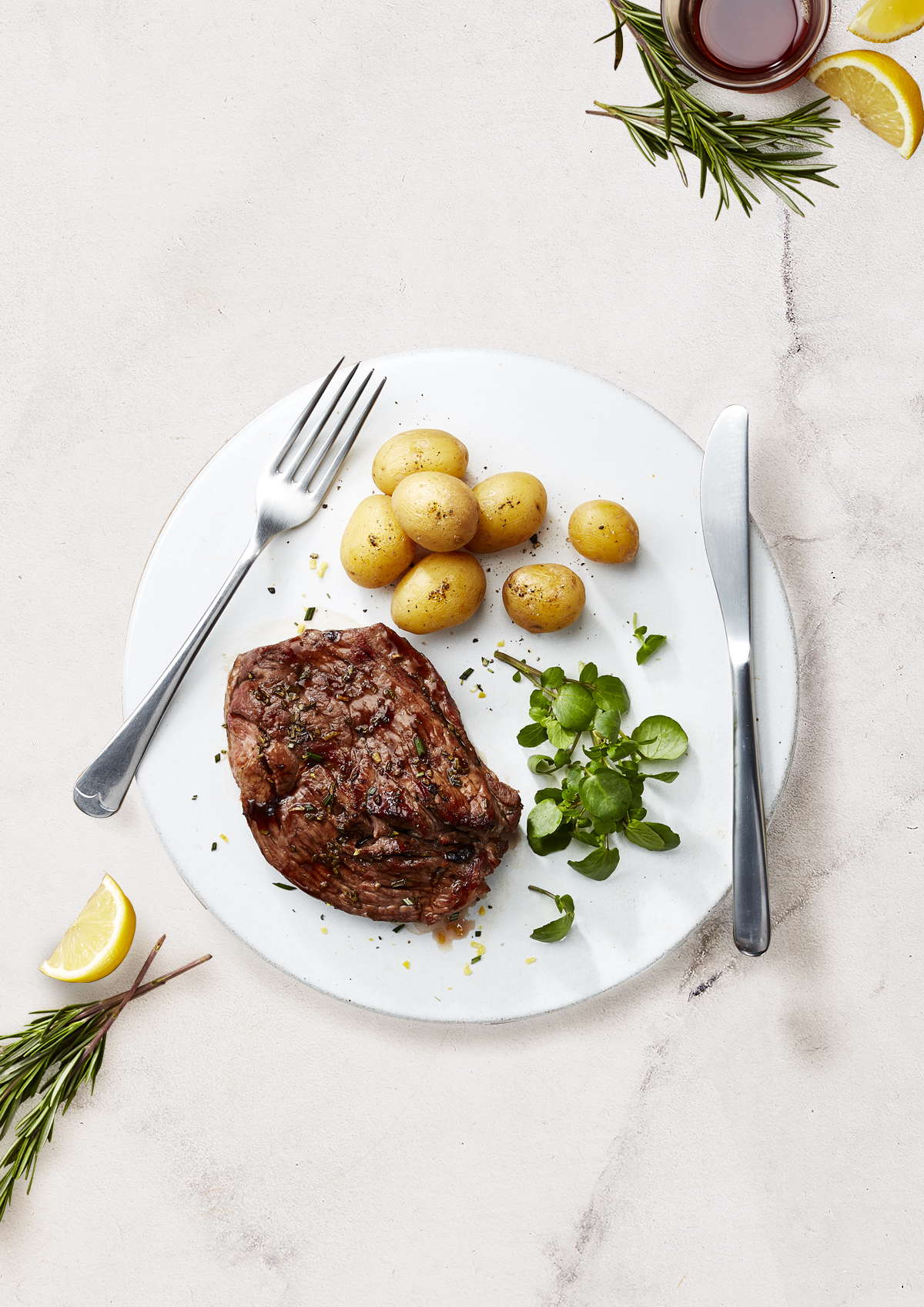Myth busting: can you ‘boost’ your immunity?

Registered dietitian Nichola Ludlam-Raine helps you decipher the fact from the fiction
There are many misconceptions and myths when it comes to ways in which we can boost our immunity, particularly when it comes to diet – from so called “super foods” to supplements – it can often be confusing to decipher the fact, from fiction.
According to Registered Dietitian, Nichola Ludlam-Raine, we can help our body’s natural defences and support our immune system by eating a healthy and balanced diet, but this can often be overlooked or we’re left confused as to what a balanced diet really looks like.
“Of course, no one food or supplement can protect you from getting ill and good hygiene such as hand washing plays an important role, as do other lifestyle factors including sleep, exercise, and stress management, but by eating a healthy, balanced diet you can help to support your body’s natural ability to fight infection.”
Nichola, as a registered Dietitian and mum of one, has included her top tips below on how you can help to support your immune system, alongside some easy dishes that can help you and your family have a healthy, balanced diet.
1/ Eat a healthy and balanced diet
A number of different essential nutrients are involved in supporting our immune systems to work normally so that our bodies can deal with infection – these are: vitamin A, vitamin B6 & B12, vitamin C, vitamin D, copper, folate, iron, selenium and zinc – here’s what they can do and what you can eat to get these nutrients, as part of a balanced diet.
GoodtoKnow Newsletter
Parenting advice, hot topics, best buys and family finance tips delivered straight to your inbox.
Vitamin A Helps support immune cells as well as keeping the membranes in our nose, mouth and respiratory tract healthy; these membranes form the body's first line of defence against infection and help to stop harmful bacteria from getting in to our body. To go towards getting your recommended intake of vitamin A, you could try sweet potato or butternut squash – a good source of beta carotene, which can be converted to vitamin A by the body. Try it mashed or baked in the oven. Spinach is also a good source of beta carotene – why not throw a few large handfuls of spinach into a salad or stir-fry. Eggs also provide vitamin A, with 2 boiled eggs providing more than 25% of our recommended nutrient intake.
Make it: Smokey Bacon And Egg Bake With Red Peppers*

Vitamin B6 Helps immune cells to communicate. It also contributes to energy production in the body, and reduces tiredness and fatigue. Fish, beef, lamb, pork and poultry, as well as soy beans, nuts and seeds are all sources of vitamin B6. So why not enjoy lean steak strips with vegetable fajitas or with a vegetable stir-fry for dinner to help get your daily recommended intake of vitamin B6?
Make it: Lamb Shish Kebabs with Hummus*
Vitamin B12 Helps to produce new immune cells and is also involved in many functions in the body. It contributes to the normal function of the nervous system, as well as helping normal psychological function, red blood cell formation and a reduction in tiredness and fatigue. Meat, such as beef, lamb and pork, is one of our main sources of vitamin B12, which is typically only found naturally in foods from animal products. Those eating a vegan diet need to consume foods fortified with vitamin B12 or take a supplement to ensure they get enough.
Make it: Rosemary and Balsamic Scotch Lamb Steaks*

Vitamin C Helps to maintain the skin, our external barrier to infection, and also helps the nervous system to function normally. Some research[1] has shown, whilst it won’t prevent a cold, regular vitamin C supplementation may help to reduce the duration and severity of a cold, in some people. However, it’s better to get the nutrients you need from a healthy dietary pattern and it’s fairly easy to get your recommended daily intake of vitamin C – for example in half a pepper or a portion of strawberries. Other good sources include citrus fruits, like oranges, easy peelers and grapefruit, kiwi fruit, watercress, broccoli and Brussel sprouts.
Copper Helps to protect immune cells and also helps the nervous system to function normally. Copper can be found in a range of sources including wholegrain bread and breakfast cereals, whole wheat pasta, quinoa, meat, some oily fish, shellfish, beans, peas and lentils like baked beans, kidney beans and chickpeas, dried fruit, nuts and seeds. So eating a variety of foods within a healthy, balanced diet will help ensure you get enough.
Vitamin D Helps support healthy bones and teeth, but a low vitamin D status is associated with reduced immune response. Vitamin D is also known as the sunshine vitamin because we get most of our vitamin D from the sun’s UV rays (between April and September) on our skin. The government has advised we should all consider taking a 10 microgram vitamin D supplement throughout spring and summer while the lockdown continues, because we may not be getting enough vitamin D from sun exposure. We can usefully obtain some vitamin D through the diet but food sources are limited. These include oily fish such as salmon and mackerel, eggs, and some fortified breakfast cereals and fat spreads. Red meat also, on average, contributes 10% of vitamin D intakes in UK adults.
More information on vitamin D can be found on the NHS website.
Folate Helps produce new immune cells. It can also help reduce tiredness and fatigue and contributes to normal psychological function. Folate is found in many foods including oranges, berries, green leafy vegetables such as cabbage, peas, chickpeas, beans, cheese, whole meal bread and fortified breakfast cereals. Folate is particularly important in early pregnancy to help reduce risk of neural tube defects (NTDs), such as spina bifida.
Iron Helps maintain the health of immune cells. It also helps normal mental function, supports the formation of red blood cells, and helps reduce tiredness and fatigue. Sources of iron include beef, pulses, nuts, seeds and leafy green vegetables. Our bodies can absorb iron from meat more readily than from plant sources. Vitamin C helps the body to absorb iron from plant sources so it’s a good idea to include fruit and vegetables with meals.
Selenium Helps strengthen the response to infection. It also supports normal hair and nails. Selenium is found in pork, nuts and seeds, particularly Brazil nuts, cashews and sunflower seeds, as well as eggs, offal, poultry, fish and shellfish.
Zinc Helps produce new immune cells. Zinc also contributes to normal fertility and reproduction, and helps to maintain normal hair, skin and nails. Sources of zinc include beef, lamb and pork, shellfish, cheese and wholemeal bread.
Make it: Welsh Lamb stir fry*
*The Department of Health suggests for people who are high consumers of red and processed meat, in other words who eat more than 90g (cooked weight) per day, to cut down to 70g a day (about 500g per week). Make healthier choices, such as lean cuts of red meat and lean mince, where possible. A typical 70g serving of cooked red meat is roughly the size of half the palm of your hand – it’s that easy!
2/ Move your body and get enough sleep
Being physically active is important for good health and can reduce the risk of many chronic conditions including coronary heart disease, obesity and type 2 diabetes. It can also help improve mental health. It’s recommended to exercise at a moderate intensity for at least 150 minutes per week, or at a more vigorous intensity for at least 75 minutes per week.
Sleep is the time that your body rests, recovers and repairs. An occasional sleepless night is unlikely to make a difference to your health, but prolonged lack of sleep can impair your immune system, leaving you more vulnerable to illnesses such as colds. Research suggests getting enough regular sleep also helps you to maintain a healthy weight, which is vital for overall health and preventing certain diseases.
I always say, the best way to look after your health and support your immune system is to eat a healthy and balanced diet that is rich in variety and colour. This includes eating plenty of plant-based foods such as fruits, vegetables, wholegrains, beans and pulses. In addition to some lean red meat, fish, eggs and small amounts of healthy fats (such as nuts, seeds, olive and rapeseed oil).
Don't neglect other lifestyle habits though, because not smoking, not drinking too much alcohol, getting an adequate amount of sleep and exercising regularly are just as important!
In Partnership with the Agriculture and Horticulture Development Board (AHDB), Quality Meat Scotland (QMS) and Hybu Cig Cymru – Meat Promotion Wales (HCC) – the English, Welsh and Scottish levy bodies that between them cover all food groups in a healthy balanced diet.
-
 Say goodbye to bad hair days this summer with the Laifen Swift dryer – a third cheaper than the Dyson Supersonic
Say goodbye to bad hair days this summer with the Laifen Swift dryer – a third cheaper than the Dyson SupersonicBy Emily Stedman
-
 How does a bad night’s sleep affect your sporting performance?
How does a bad night’s sleep affect your sporting performance?Here's why you perform better when you sleep well.
By TEMPUR®
-
 Organ donation: “I’m happy we’ve had the talk”
Organ donation: “I’m happy we’ve had the talk”By Ali Horsfall
-
 Loving wife shares organ donation story of “hero” husband
Loving wife shares organ donation story of “hero” husbandBy Ali Horsfall
-
 Proud mum supported son’s decision to be an organ donor
Proud mum supported son’s decision to be an organ donorBy Ali Horsfall
-
 Organ donation: “I received the gift of laughter”
Organ donation: “I received the gift of laughter”By Ali Horsfall
-
 At what age can you donate organs?
At what age can you donate organs?By Ali Horsfall
-
 How many lives could one organ donor save?
How many lives could one organ donor save?By Ali Horsfall